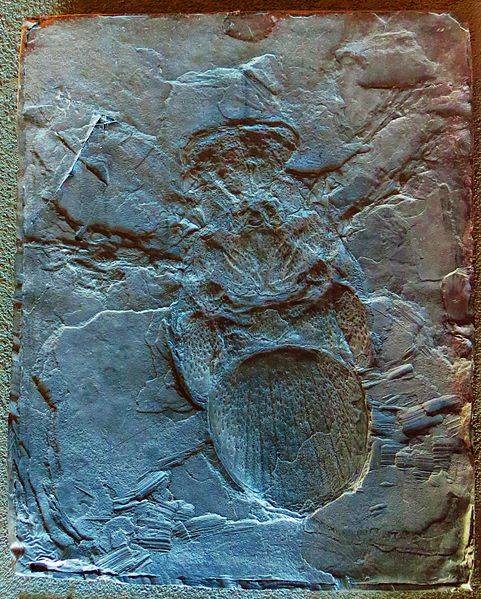
What’s transparent, powerful, and something that we use in our everyday lives? Nope, it’s not the government, (though some people may think they control it). No, it’s not the Internet, although we’ll see in the coming years how the government changes that.
I’m talking about gasoline. Gasoline is a transparent liquid containing mainly hydrogen and carbon, and, when burning, produces mainly carbon dioxide and water. Americans use it every day to get to and from work and home, and to run all the errands of our daily lives.
Gasoline was one of the byproducts sloughed off at the beginning of the oil industry; back in the early days, kerosene was king. During the 19th century, kerosene replaced whale oil as the preferred fuel for lights, but as the automobile became popular and the internal combustion engine became common, gasoline became the preferred product of crude oil. In the end, gasoline beat out hydrogen, coal, and ethanol as THE fuel source for the automobile.
Today America uses over 360 million gallons of gasoline a day. That means on average we each use more than a gallon of gasoline every day.
Why is gasoline the fuel of choice? The quick and useless answer is because it’s what we have. A lot of other fuels (hydrogen, coal, natural gas, ethanol, wood, etc) were tried, but gasoline proved to be easy to use, relatively easy to create, and energy rich. A gallon of gasoline contains about 132 megajoules (MJ) or 13 kilowatt hours. Ethanol is about 121 MJ/gallon.
What about coal? Coal isn’t measured in gallons because it’s a solid, but 1 pound of coal contains 16 MJ (where a pound of gasoline is 22 MJ). So we use gasoline because it’s useful.
As we all watch the price of gasoline creep up and up, we all start to worry about it. When I first started driving, gasoline was less than a dollar a gallon. These days we see it jump past $4. Gasoline, which comes from crude oil, is a limited commodity. There is only so much on the market (84 million barrels of crude oil a day). Out of each barrel (42 gallons) of crude oil, 19 gallons of gasoline is made.
Out of each gallon of gasoline, about 11 percent of the cost goes straight to state and federal taxes. Eighteen percent goes into refining the crude oil into gasoline. The lion’s share (62 percent) goes into the cost of getting the crude oil.
Saying all that, the price of gasoline is still important. In fact, a lot of our fellow citizens thought it was one of the major issues in the election, even though the President has little power over the cost.
What can we do to drive the price down? There are many corporations trying to find alternative ways to make gasoline. We know coal can be converted to gasoline. In fact, we know a couple of processes that work. Why are we not using them? As with most things like this, the answer is in the economics. If you have the plant in place, it’s a very expensive process. If you don’t have a plant in place, it takes years to build one. Hydrocarbons, like gasoline, can be created by feeding algae plastics, but that’s a bleeding edge technology and not near production yet. We might even be able to pull hydrocarbons from the air, like a good magician. British scientists have come up with a way to take carbon out of the carbon dioxide in the air, combine it with hydrogen, and BAM! make gasoline. But all that’s in the future.
What can we do to lower the price today? Simple: Buy less of it. Because there is a larger supply of gasoline available, the price will go down to reflect the change in the supply and the demand. Plan out your errands ahead of time so you can do them all at the same time and in an efficient driving manner. Use your legs and the nice weather (while we have it) and walk places instead of driving. Are there grocery stores in your neighborhood? Or a bookstore? Walk around and find out. Find out more ways to use less gasoline at ECC.hmns.org.





